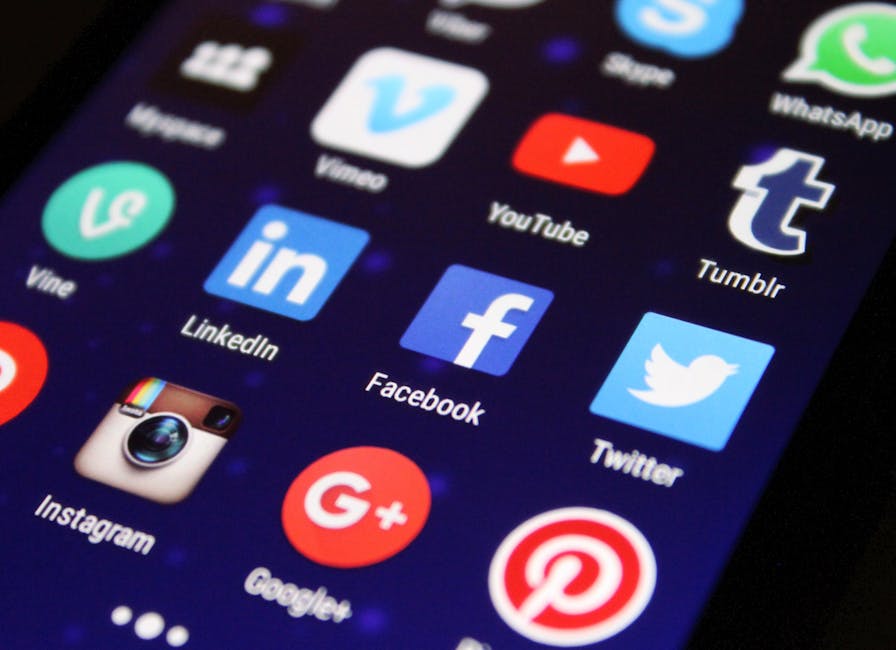As we look toward the future, digital marketing in 2026 is poised to evolve significantly, influenced by advancements in technology and changing consumer behavior. Business owners must adapt and innovate to stay competitive in this dynamic landscape.
The Future of Digital Marketing
Embracing AI and Automation
Artificial Intelligence (AI) will play a crucial role in digital marketing strategies by 2026. Businesses can leverage AI for data analysis, customer insights, and automating repetitive tasks, allowing them to focus on strategy and creativity. For instance, chatbots can improve customer service by handling inquiries 24/7, ensuring prompt responses. Automating email campaigns based on consumer behavior will also refine targeting and increase engagement.
Steps to incorporate AI:
- Identify repetitive tasks suitable for automation.
- Research AI tools that fit your business needs.
- Train your team on using AI effectively.
Personalization at Scale
Consumers increasingly expect personalized experiences. By 2026, businesses will use advanced data analytics to deliver tailored content and offers to each user. Personalization can significantly enhance customer satisfaction and loyalty. For example, you might use data from previous purchases to recommend products, ensuring relevant suggestions that meet consumer needs effectively.
To implement personalization:
- Collect data through customer interactions.
- Segment your audience based on preferences.
- Utilize dynamic content in emails and on websites.
Interactive and Immersive Content
With the rise of AR (Augmented Reality) and VR (Virtual Reality), businesses will need to adopt interactive content strategies by 2026. This type of content engages consumers by allowing them to interact with products or experiences. For instance, a furniture retailer might use AR to enable customers to visualize how a sofa would look in their living room. This innovative approach not only captivates users but can also streamline the buying decision process.
To create immersive content:
- Invest in AR/VR technologies for your industry.
- Develop engaging interactive experiences.
Social Commerce Growth
The integration of e-commerce and social media platforms will continue to grow, creating new avenues for sales. By 2026, platforms like Instagram and TikTok will enhance their shopping features, allowing brands to market and sell products seamlessly. Business owners should optimize their social media strategy by creating shoppable posts and collaborating with influencers to drive sales directly from their profiles.
Steps to boost social commerce:
- Create visually appealing product content.
- Engage with customers through authentic messaging.
Voice Search Optimization
As voice-activated devices become ubiquitous, optimizing for voice search will be vital. By 2026, a significant percentage of searches will be conducted through voice. Businesses should adapt their SEO strategies to include natural language and long-tail keywords. Content that answers specific questions directly can enhance visibility in voice search results, ultimately driving more traffic to your site.
To optimize for voice search:
- Focus on conversational keywords.
- Provide clear answers to common questions.
Sustainability in Marketing Practices
Consumers are becoming more environmentally conscious, and businesses that adopt sustainable practices will resonate better in the future marketplace. By 2026, brands should focus on transparency in their policies and demonstrate how their products or services contribute to environmental sustainability. Marketing efforts that highlight ethical sourcing and green initiatives can attract eco-conscious customers.
To promote sustainability:
- Communicate your sustainability efforts clearly.
- Engage customers in eco-friendly campaigns.
Influencer Marketing Evolution
Influencer marketing will continue to evolve by 2026, becoming more nuanced and focusing on micro and nano influencers. These influencers often have highly engaged audiences and can create authentic connections with followers. Collaborating with these smaller influencers can yield higher ROI as they are perceived as more credible sources within niche communities.
To leverage influencer marketing:
- Identify influencers relevant to your target audience.
- Build long-term partnerships for authenticity.
Analytics and Data Privacy
With data privacy laws tightening, businesses will need to balance their analytics strategies with consumer privacy concerns. By 2026, successful companies will utilize ethical data collection methods and be transparent about how they utilize customer data. Implementing strategies like obtaining consent and anonymizing data will not only comply with regulations but can enhance customer trust and loyalty.
Steps to ensure data compliance:
- Stay updated on regulations like GDPR.
- Communicate privacy policies clearly to customers.
Key Takeaways
- Invest in AI and automation to enhance efficiency.
- Focus on personalization to improve customer experiences.
- Adopt interactive content to engage consumers more deeply.
- Optimize for voice search and sustainability.
- Utilize influencer marketing strategically.



